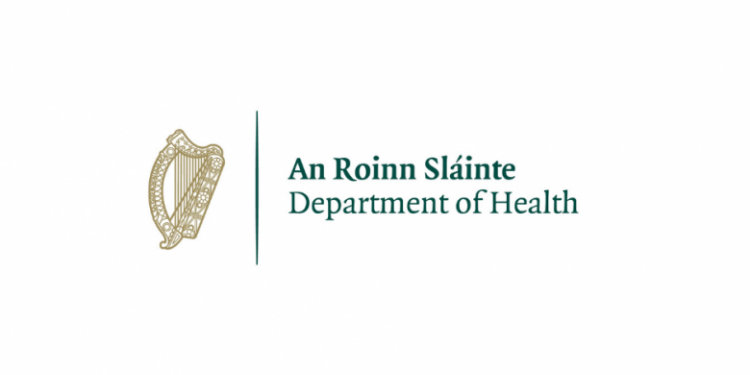- First doses expected to arrive in Ireland on the week beginning February 8
- Ireland now expects 1.1 million doses of the three approved vaccines before end of March
- Public Information campaign for over 85s to begin in the coming days
Minister for Health, Stephen Donnelly TD has welcomed today’s announcement from the European Commission that the AstraZeneca vaccine has been authorised for use across Member States, including Ireland. The roll-out of these vaccines will get underway after the arrival of the first supplies in early February. The stated vaccination programme is to use vaccines as they arrive, subject to the supplier guaranteeing the second dose.
Minister Donnelly said: “Ireland now has access to three vaccines approved by the European Commission which will allow us to accelerate the roll-out of our vaccine programme in the coming weeks. The first delivery of the AstraZeneca vaccine to Ireland is expected in early February and can be part of the vaccine programme shortly afterwards.”
“Despite a reduction in the amount of vaccines initially available from AstraZeneca, Ireland should still receive 1.1 million doses of the three approved vaccines in total by the end of March. This 1.1 million figure includes vaccines that have already been delivered, as well as those currently scheduled to be delivered before March 31. Our priority has always been to ensure that any COVID vaccine
administered here would meet all of the rigorous safety and efficacy requirements of the EMA.”
Following the recommendation for use of vaccines against COVID-19 by the European Medicines Agency (EMA) and authorisation for use by the European Commission this evening, the National Immunisation Advisory Committee (NIAC) develops guidance for their use in Ireland which is contained in the Immunisation Guidelines for Ireland. These guidelines are continuously updated and includes guidance on all new vaccines as they are approved for use in Ireland.
Ireland’s National Vaccine Programme
“The National COVID-19 Vaccination Strategy has targeted the most vulnerable and ensured they have been prioritised. As of Wednesday, January 27 we have administered 161,500 doses of COVID-19 vaccines. 71,600 of these were first doses to residents and staff of our long-term residential care facilities and a further 76,100 first doses to frontline healthcare workers.”
“A further 13,800 people have received both doses. The completion of vaccinations in these cohorts will be carried out over the coming weeks. Receiving supplies of the AstraZeneca vaccine, alongside the two other previously approved vaccines, will allow us to begin the programme with Cohort 3 – those over the age of 70, beginning with those aged over 85 years”, said Minister Donnelly.
Ireland’s expected receipt of a total of 1.1 million vaccine doses between January and March will allow:
- Completed vaccination of those eligible in the first priority group – people aged 65 and over living in long term care, and the staff who care for them
- The continuation and completion of vaccination for the second priority group – frontline health care workers
- Roll out of community vaccinations to people aged over 70 years, starting in February with those aged over 85 years
The third group will be vaccinated according to age, starting with those aged 85+, then 80-84, 75-79 and 70-74. The HSE public information campaign for this group will begin this weekend across radio, print and television.
For this third group, which is based entirely on age, the estimated population numbers are:
Aged 85+ 81,000
Aged 80-84 90,000
Aged 75-79 134,000
Aged 70-74 191,000
“Ireland is also part of the European contract for two further vaccines in development, and an option on a third vaccine subject to trial data. Negotiations continue at the European level with other suppliers. Over time, it is hoped supply lines will become more robust and established,” said Minister Donnelly.
“We appreciate the high demand for this vaccine in Ireland, and the frustration of supply constraints in these early stages of the programme. We will continue to adjust the programme in accordance with supply and the prioritisation and allocation strategy. The roll out to people aged over 70 will begin in February and every effort is being made to deliver this programme as rapidly, and safely, as possible.”










